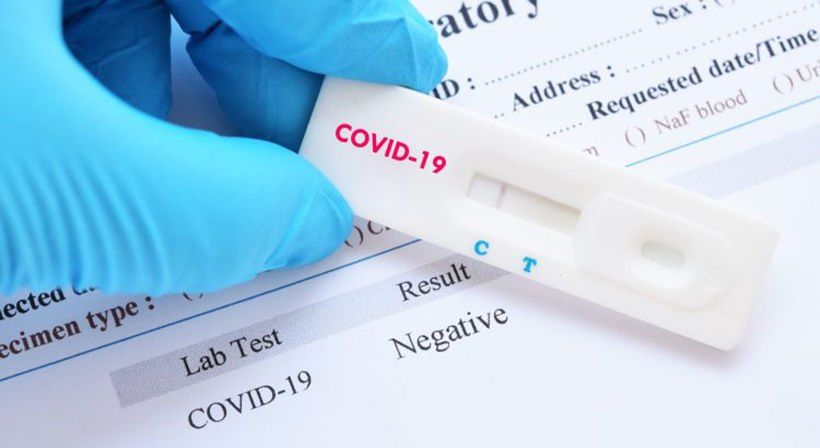Covid-19 exposure doesn’t mean immunity, reinfections could be worse, study finds

Exposure to Covid-19 may not make a person immune to future infections, and actually a second infection of the coronavirus could be more severe than the first, according to a recent study published by The Lancet Infectious Diseases journal.
After catching a virus like the chicken pox, or after getting a vaccine, the body produces antibodies to fight against the virus, making the person immune to future infections. Some diseases confer lifelong immunity. It’s still unclear how long Covid-19 antibodies last, but research shows some people, in rare cases, get infected with Covid-19 a second time.
The study noted a case where a 25 year old American man from Nevada was infected with 2 different variants of SARS-CoV-2, which causes Covid-19, within a 48-day time frame. The man’s second infection of the coronavirus was more severe and he needed to be hospitalised with oxygen support.
Lead study author from the Nevada State Public Health Laboratory, Mark Pandori, says more research needs to be done on the reinfections, especially since there still isn’t an effective vaccine.
“We need more research to understand how long immunity may last for people exposed to SARS-CoV-2 and why some of these second infections, while rare, are presenting as more severe.”
Reinfections are rare, with just a few confirmed cases out of tens of millions of Covid-19 cases around the world. Since coronavirus cases are asymptomatic, it’s unclear if some cases are actually reinfections.
Professor from Yale University’s Immunobiology and Molecular, Cellular and Development Biology, Akiko Iwasaka, says the findings are “key to understanding which vaccines are capable of crossing that threshold to confer individual and herd immunity.”
SOURCE: Bangkok Post
Catch up with the latest daily “Thailand News Today” here on The Thaiger.
Latest Thailand News
Follow The Thaiger on Google News:


























